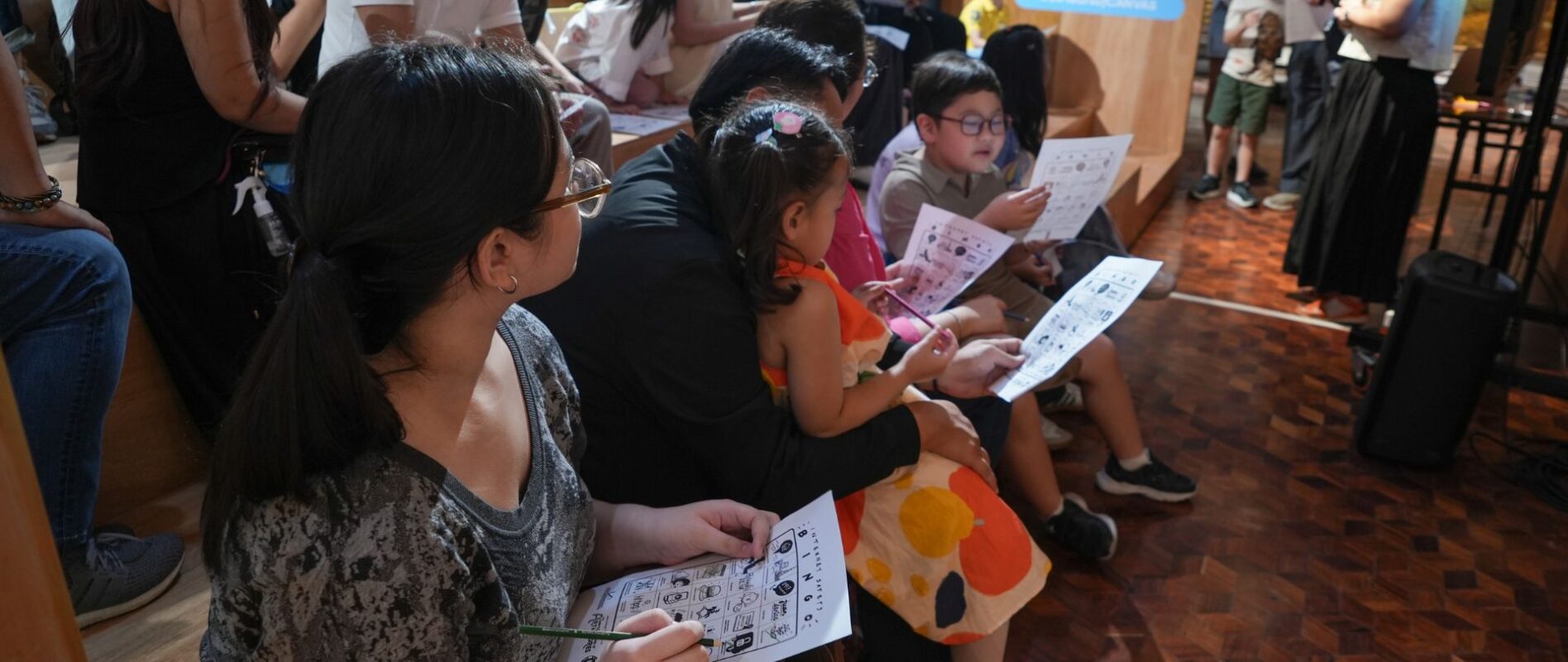GIRLS NOW OUTSHINE BOYS IN MATH — UNESCO
THE GENDER gap in education has closed in some countries including the Philippines, where girls now outdo boys in mathematics, a report of the United Nations Educational, Scientific and Cultural Organization said.
THE GENDER gap in education has closed in some countries including the Philippines, where girls now outdo boys in mathematics, a report of the United Nations Educational, Scientific and Cultural Organization said.
The gender gap that favored boys in early grades has diminished, based on the new Unesco report.
“Some countries even saw girls do better than boys in maths, including Malaysia, whereby age 14, girls have a seven percent lead on boys, Cambodia (three percent) and the Philippines (1.4 percent),” UNESCO said.
“This research confirms that the gender gap in learning has closed even in the poorest countries. And in some countries, the gap is now reversed,” it said.
“Even though girls catch up in mathematics in upper primary and secondary education, boys are far more likely to be overrepresented among the highest performers in mathematics in all countries,” UNESCO added.
However, the agency said that girls are still less likely to pursue science careers.
The UN body said that “gender biases could still be obstacles to the pursuit of further education in the science, technology, engineering and mathematics fields.”
The same UNESCO report also showed that girls perform even better in reading than boys.
“The largest gap in primary education is in Saudi Arabia, where 77% of girls but only 51% of boys in grade 4 achieve minimum proficiency in reading,” it said.
In Thailand, girls outperform boys in reading by 18 percentage points, in the Dominican Republic by 11 points and in Morocco, by 10 points.
Even in countries where girls and boys are at the same level in reading in the early grades, as in Lithuania and Norway, the gap in favor of girls rose to roughly 15 percentage points by age 15, UNESCO said.
“Girls are demonstrating how well they can do in school when they have access to education,” Malala Yousafzai, co-founder of Malala Fund, said.
“But many, and particularly the most disadvantaged, are not getting the chance to learn at all. We shouldn’t be afraid of this potential,” she added.
Manos Antoninis, director of UNESCO’s Global Education Monitoring Report, said girls are doing better than boys in reading and in science and are catching up in mathematics.
“But they are still far less likely to be top performers in mathematics because of continuing biases and stereotypes. We need gender equality in learning and ensure that every learner fulfils their potential,” Antoninis said.














